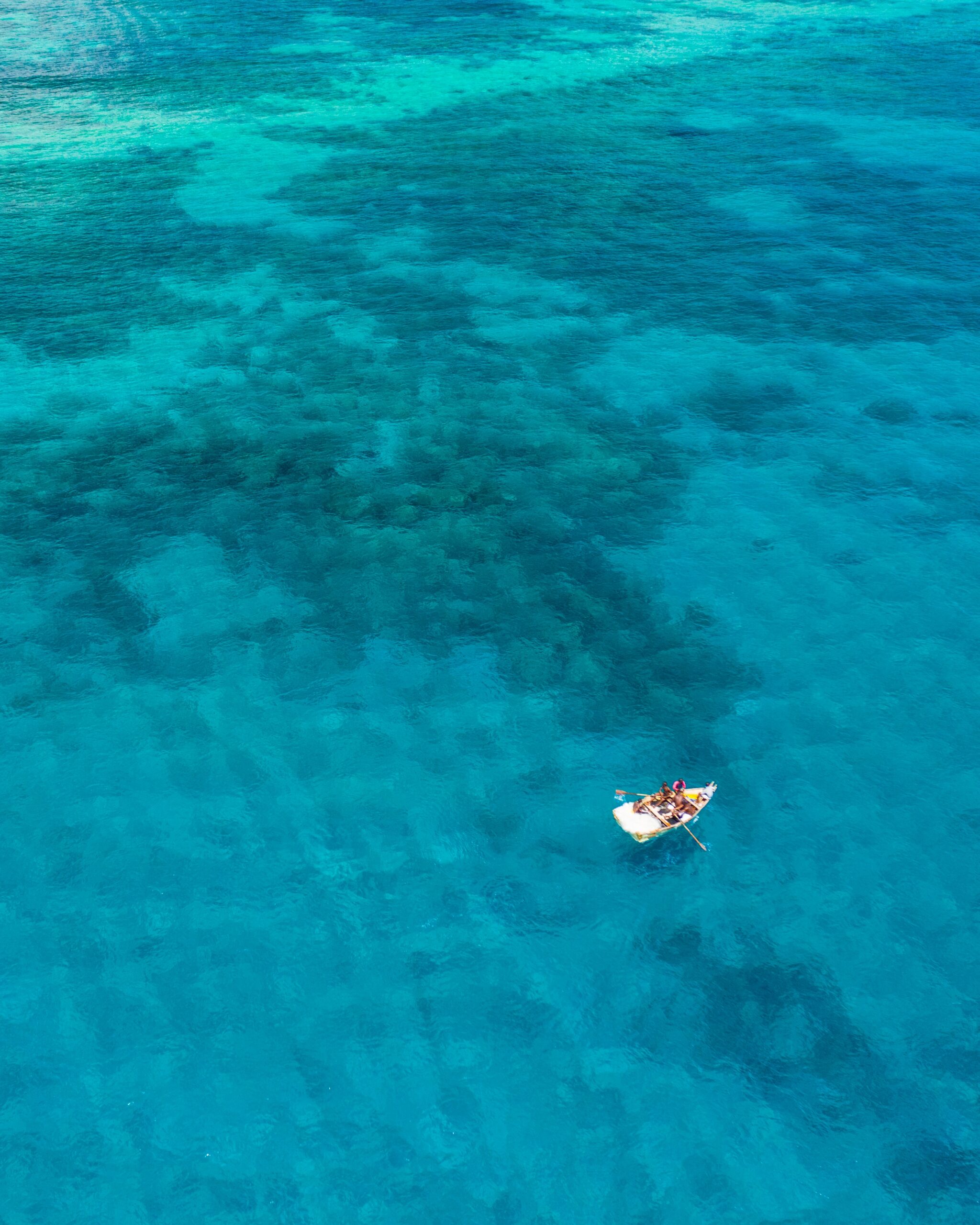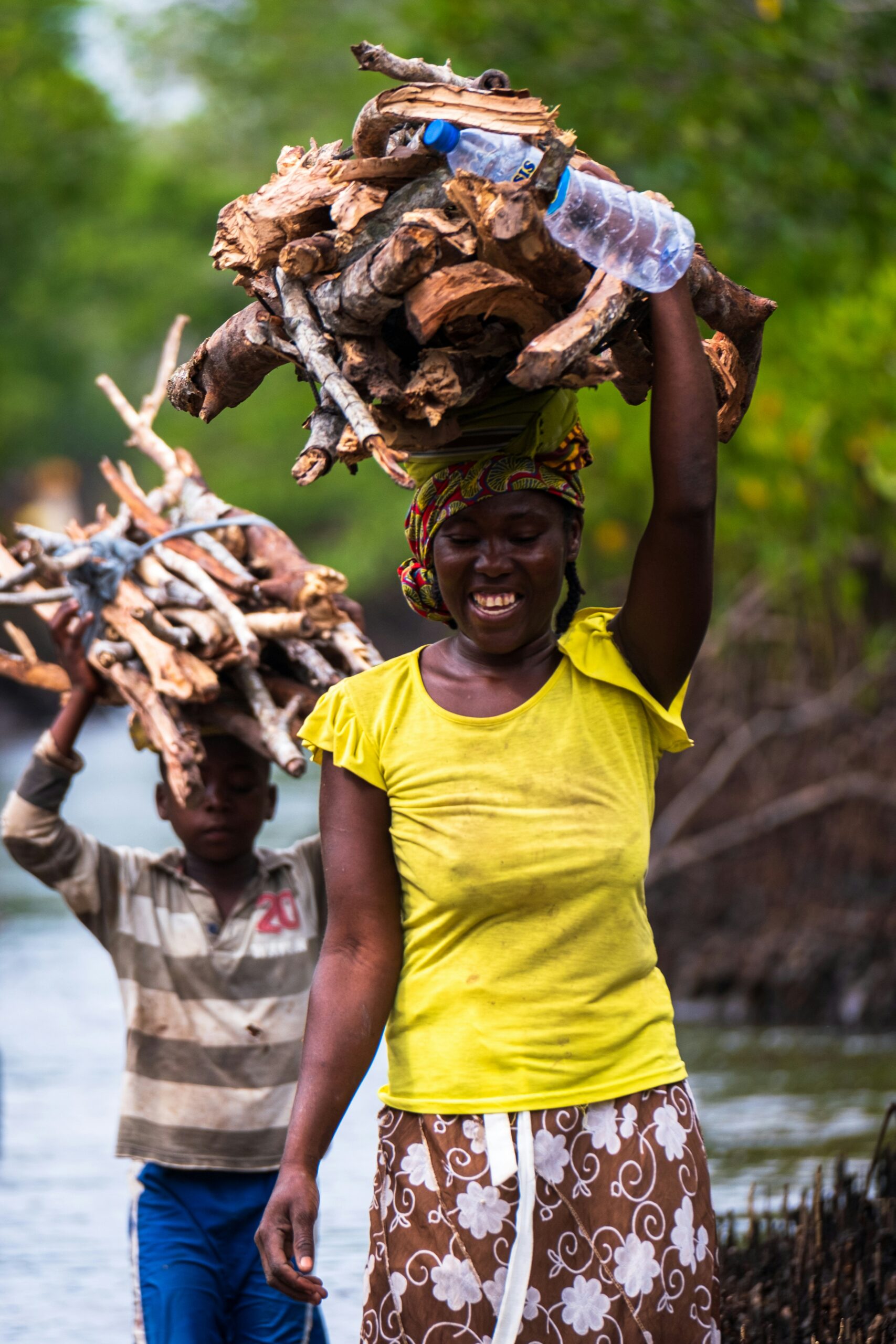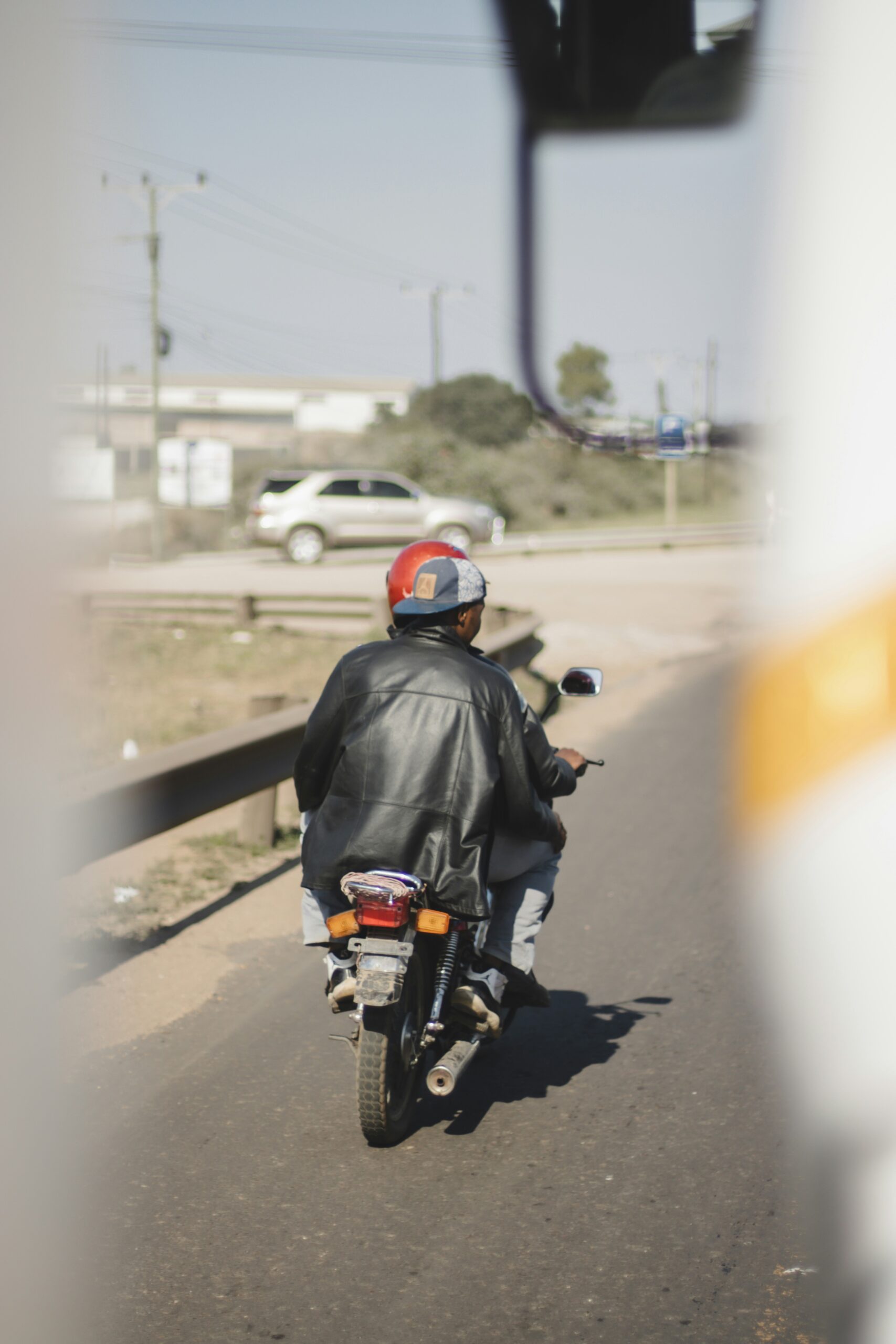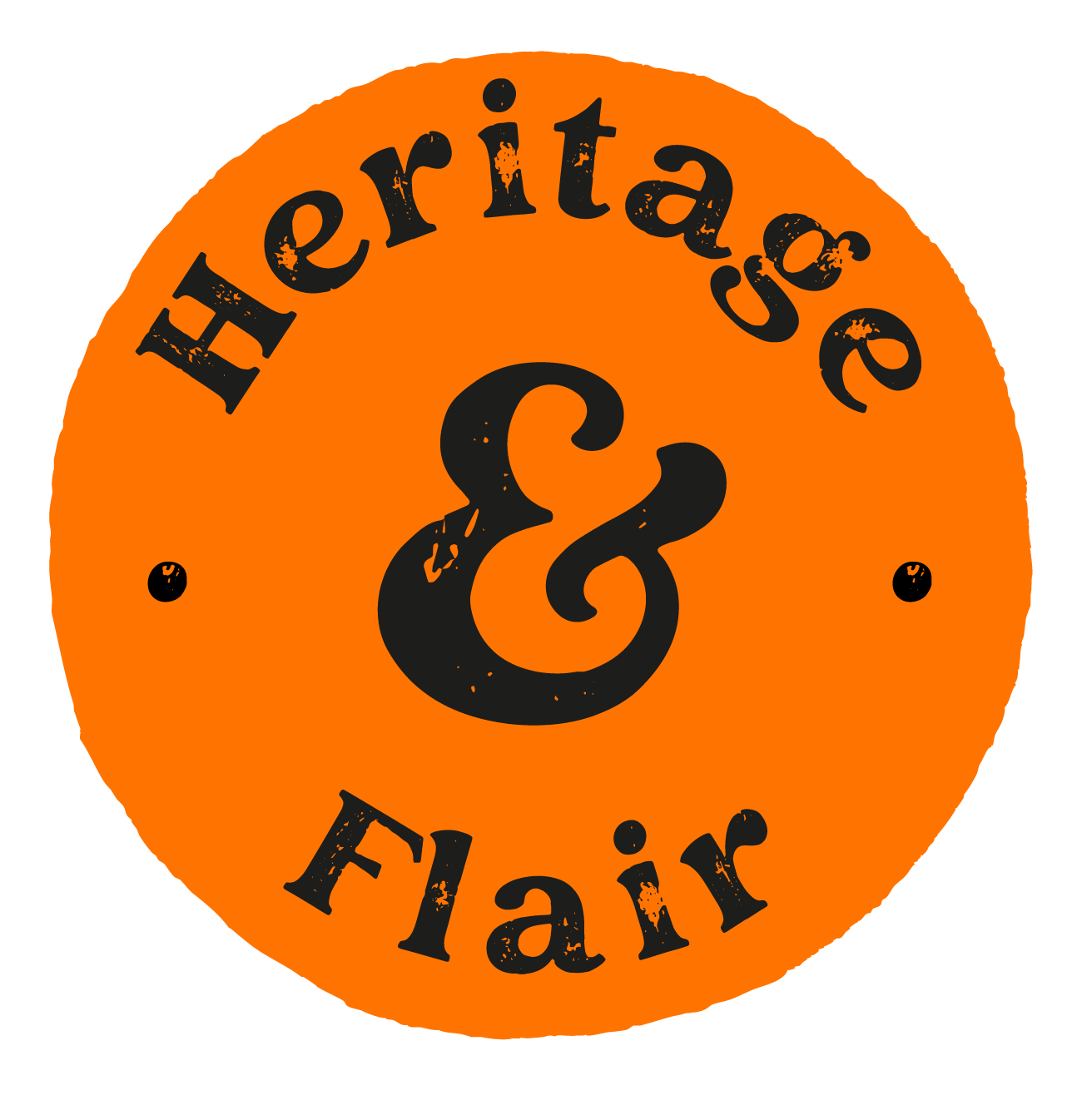
Photo by Sebastian Staines
Mozambique
Mozambique is located on the southeastern coast of Africa and is bordered by Tanzania to the north, Malawi, Zambia, and Zimbabwe to the northwest, Eswatini and South Africa to the southwest, and the Indian Ocean to the east.
The capital city of Mozambique is Maputo, situated on the southern coast near the border with South Africa. Portuguese is the official language of Mozambique, reflecting its colonial history as a former Portuguese colony. However, there are numerous indigenous languages spoken throughout the country.
Mozambique has a diverse population of over 30 million people, comprising various ethnic groups, including the Makhuwa, Tsonga, and Shangaan.
Mozambique has a complex history, from ancient African civilizations to Portuguese colonization. It gained independence from Portugal in 1975 after a protracted war of independence. Mozambique’s struggle for independence was led by the Mozambique Liberation Front (FRELIMO), culminating in the country’s freedom on June 25, 1975.
Mozambique is a republic with a multi-party system. The President is both the head of state and head of government. FRELIMO has been the dominant political party since independence. Mozambique has a developing economy with agriculture, mining, and energy sectors playing crucial roles. The country is known for its natural resources, including coal, natural gas, and gemstones.
Efforts have been made to attract foreign investment and promote economic diversification. Mozambique is culturally rich and diverse, with influences from African, Portuguese, and Arab traditions. Traditional music and dance, such as the marrabenta and the timbila, are integral to Mozambican culture.
The country is also known for its vibrant arts and crafts.
Mozambique is endowed with significant natural resources. In addition to minerals, it has extensive coastlines, making it a potential hub for fisheries. The country’s biodiversity includes wildlife reserves and national parks.
Mozambique faces challenges such as poverty, political instability, and vulnerability to natural disasters like cyclones. The country has, however, made progress in recent years, and efforts are ongoing to address these challenges.
Mozambique’s pristine beaches along the Indian Ocean, coral reefs, and historical sites attract tourists. The Bazaruto Archipelago and the Quirimbas Islands are popular destinations for those seeking sun, sand, and water activities.
Mozambique’s history, cultural diversity, and natural beauty make it a compelling destination for those interested in exploring the unique aspects of this southeastern African nation.
Hidden Insights: Uncovering Mozambique
1. Island of Mozambique: The historic Island of Mozambique, a UNESCO World Heritage Site, was the country’s former capital. It is known for its well-preserved colonial architecture, including the Fort São Sebastião and the Chapel of Nossa Senhora de Baluarte.
2. Dhow Building Tradition: Mozambique has a long-standing tradition of dhow building. These traditional sailing vessels are crafted by skilled artisans and are not only essential for fishing and transportation but also hold cultural significance.
3. Traditional Fishing Villages: Along the coastline, you’ll find traditional fishing villages where local communities practice sustainable fishing methods. These villages offer an authentic glimpse into Mozambique’s coastal life.
4. Archipelago of Bazaruto: While mentioned briefly, the Archipelago of Bazaruto deserves special attention. This group of islands off the coast is known for its pristine beaches, vibrant coral reefs, and marine life, offering an idyllic setting for relaxation and water-based activities.

Photo by Dimitry B

Photo by Zeke Tucker
Capital City: Maputo
Population: 32.08 million (2021)
Nationality: Mozambican(s)
Location: Southeastern Africa
Languages: Makhuwa 26.1%, Portuguese (official) 16.6%, Tsonga 8.6%, Nyanja 8.1, Sena 7.1%, Lomwe 7.1%, Chuwabo 4.7%, Ndau 3.8%, Tswa 3.8%, other Mozambican languages 11.8%, other 0.5%, unspecified 1.8% (2017 est.)
Religion: Roman Catholic 27.2%, Muslim 18.9%, Zionist Christian 15.6%, Evangelical/Pentecostal 15.3%, Anglican 1.7%, other 4.8%, none 13.9%, unspecified 2.5% (2017 est.)
Area Total: 799,380 sq km
Mozambique Embassy in UK
Address: 21 Fitzroy Square, London W1T 6EL
Website: https://www.mozambiquehighcommision.org.uk
Nelson Mandela: Troublemaker
Nelson Rolihlahla Mandela, affectionately known by his clan name Madiba, was a statesman remembered as a beacon of hope, resilience, and unwavering commitment to justice with a legacy of peace and reconciliation. Mandela was born on the 18th of July 1918, into the...
Breaking Stereotypes: Africa is Not A Country
In the global narrative, Africa often falls victim to a pervasive stereotype - that of being a single, homogeneous entity. However, the truth is far richer and more complex. Africa is not a country; it is a vast and diverse continent, home to a multitude of nations,...
Africa’s Riches: The Largest Reserves of Cobalt, Diamonds, Platinum and Uranium
Beneath the expansive landscapes of Africa lie treasures that have shaped economies, industries, and global markets. The continent is home to some of the world's most significant reserves of cobalt, diamonds, platinum and uranium, contributing not only to its own...
